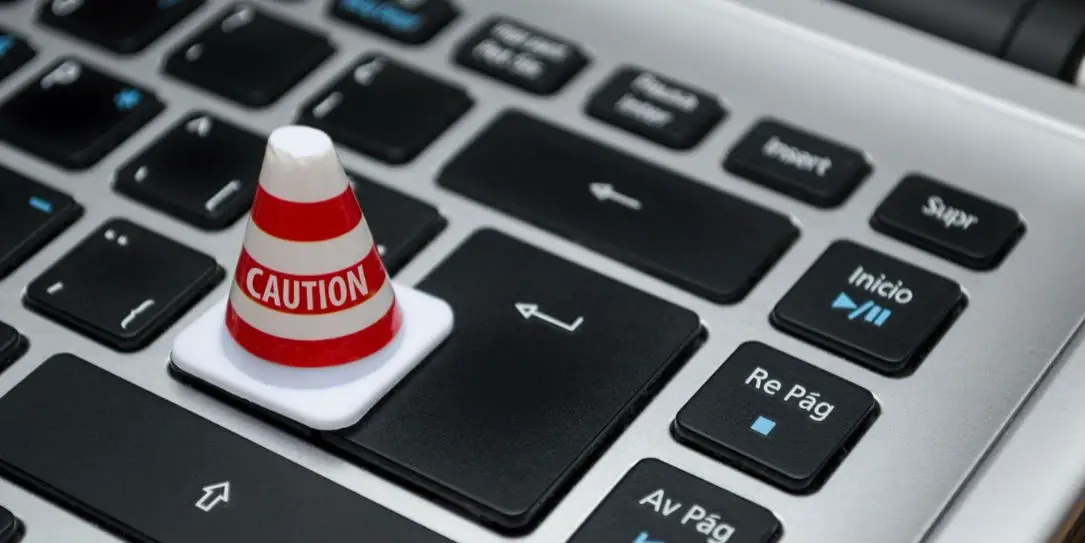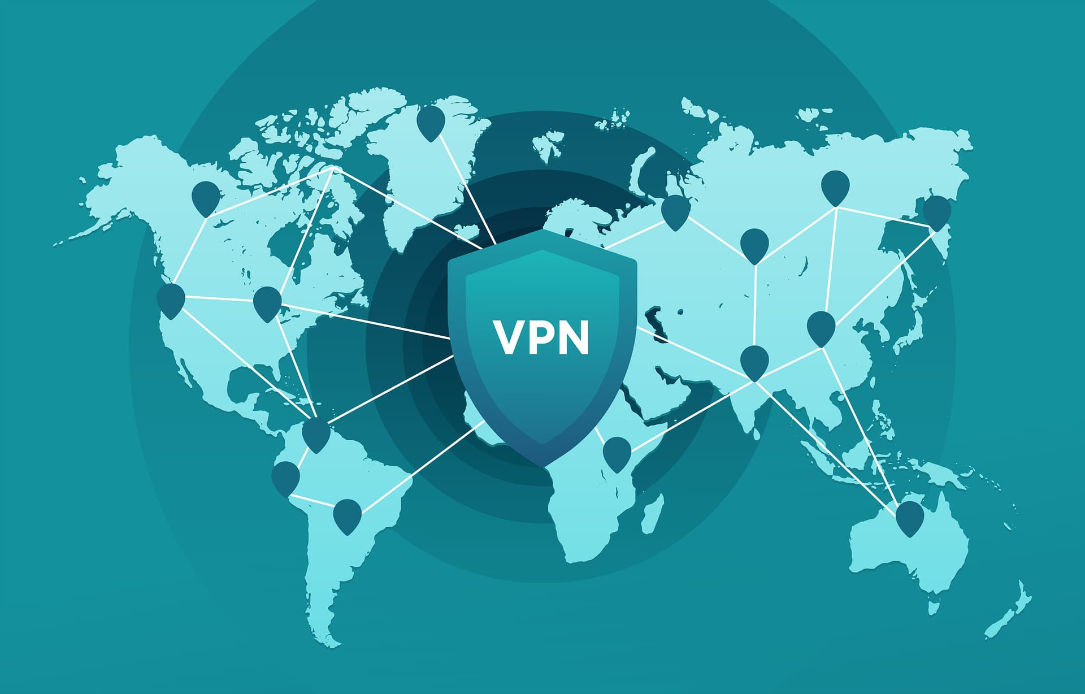There are currently around 4.7 billion individuals using the internet daily. But unfortunately, a large proportion of them are still unaware of how best to stay safe on the internet.
Estimated reading time: 5 minutes
Learning how to protect yourself on the internet should be at the top of your priority list – It’s more and more important to surf smart, and being conscious of the type of information you share each time you log on can be useful.
It goes without saying that a rise in internet users will mean a rise in internet scams. For this reason, you should always feel confident about the site you are visiting, and it should always be verified.
Alongside this, it is helpful to know that you will always send a certain amount of your information when browsing, including your domain name and IP address.
Some websites can usually determine which browser version you are using, your operating system, as well as tracking the pages you have visited. In some cases, unlawful sites can even gain access to your passwords and files.
So let’s have a look at some of the potential dangers of web surfing in more detail, and how best to protect yourself, as well as your information.
Potential dangers

There are a plethora of potential dangers just waiting for you to log in online. But to help explain these in a little more detail, we’ve broken them into two categories: Technological and Behavioral.
Technological risks are presented when there are potential ‘bugs,’ ‘viruses,’ and dangerous software or malware with their eyes on your information.
Behavioral risks are presented when you are influenced to act in a certain way. This could result in you making choices or possibly purchases on the internet.
While it’s hard to wipe out these potential dangers completely, what you can do is learn how best to protect yourself and your computer from said risks and learn how to notice the warning signs before they hit.
Technological
The internet’s true nature will always be about interconnectivity. It is the tie that can connect almost every device or system in some way. Unfortunately, this can expose users, as well as businesses, to malicious threats.
For this reason, many businesses and users are employing security measures to protect themselves. If you have access to a large database of confidential information, then you’ll know how important it is to secure your system from unwanted outsiders.
Even if you’re just a personal user, you’ll still need to be vigilant. With more and more ways to connect, pay, and share automatically through saved passwords, etc.… the likelihood of your information being compromised becomes much greater.
Behavioural
Now, whilst it’s easy to get your head around viruses, bugs, and malicious software, it might be a little harder to understand that your behavior can be influenced on the internet.
This is especially true over the last few years, with a large number of e-commerce sites making use of your information in order to close a sale. In the industry, this is known as behavioural advertising.
With the rise of social media, we are continuously sharing more and more information about ourselves.
Whilst this brings about several positives, it also makes it easier for companies to exploit our purchase patterns, and therefore use targeted advertising to influence us.
To a certain extent, this is often unavoidable, but being aware of this notion may well help you to take some control, or encourage you to be a little more thoughtful before posting all of your personal information online.
Ways you can keep safe
In order to surf safely online, you should always do your best to avoid illegitimate websites. If you’re unsure about a site or webpage, then as a general rule of thumb, don’t engage in any activities that can expose your information.
In addition to this, you can make updates to your operating system to give yourself a level of protection.
By making use of anti-virus software or anti-spyware software you’ll be notified if your system thinks a website or page contains a potential threat.
Another useful tip is to install trusted ad-blockers or pop-up blockers, as these adverts/pop-ups often contain dangers if clicked on and followed.
There are several other proven ways to protect yourself online, just have a look at the following sections for some more information.
Backup your data
Despite what you might think, your data is valuable, and it can be used for a variety of reasons. Some of which we have mentioned above.
To protect yourself correctly, you should back up your data with hardware or another carefully selected storage method.
There are several technological dangers, including viruses that could have the potential to compromise your data.
In some cases it could become lost completely, for this reason, backing up your data safely is always a good option.
Use a private VPN

Using a Private Internet Access VPN has got to be one the most successful ways to stay safe online. By installing a Virtual Private Network, you will be automatically encrypting your data.
What this means, is that your data will become unreadable to external sites, pages, scammers, and even your internet service provider.
You will still be able to use a public Wi-Fi service, but the security levels that a VPN will provide it will make it extremely difficult to make use of your information.
In addition to this, you can use a VPN to change your IP address, and there are plenty of reasons why this might be useful.
You might want to select a certain country to be located in, or you can choose to have an IP address that is constantly moving between locations.
It’s important to note that whilst there are several ‘free’ IP address changers online, these sites will often be keeping your information or selling it on, so it’s best to avoid these sites altogether.
Whatever your online preferences might be, by following some of the methods and tips outlined above you’ll be another step closer to securing your information online.
What do you think of internet surfing and security? Let us know what you think on our MeWe page by joining the MeWe social network or commenting on our other social media pages.










